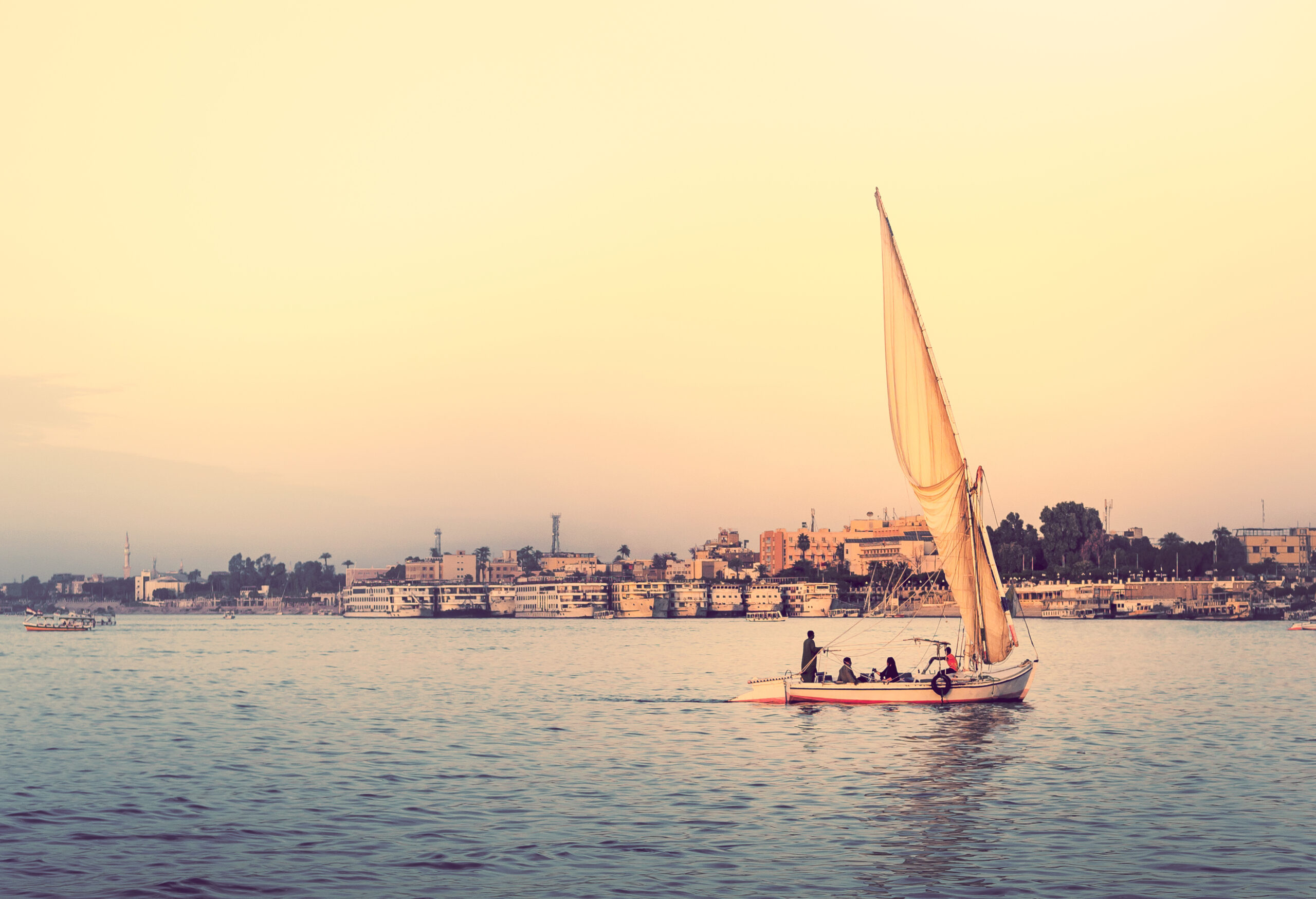
Egypt’s rich history reverberates through its modern-day culture. There’s plenty to do that will engage all your senses, from majestic ancient sights to lively streets rife with aromatic foods, and the vibrant and eclectic nightlife.
To fully indulge in all the excitement, there are some things you should consider, including the country’s cultural traditions. But worry not: this guide to planning and packing along with tips on health, safety and etiquette will help you have the best experience in Egypt.
Bags in one hand and paperwork in the other is all many travelers need to get on a plane and fly to Egypt. If you’re eligible, you can get a renewable single-entry tourist visa on arrival for USD$25, valid for 30 days. However, if you’re missing any documents or if there’s a problem processing your visa on arrival, you may be denied entry.
If you prefer a multiple-entry visa or want to avoid lines at the airport, you can apply for an e-Visa through the official government portal before travel to avoid any entry issues or delays.
There’s so much more to Egypt than the pyramids, and planning ahead will help you avoid a logistical nightmare. Plan your days by area (especially in major cities where traffic is both intense and unpredictable) so it’s easier to move around between locations.
If you’re a beach lover, there are plenty of destinations on the North Coast or Naama Bay for diving or snorkeling trips. If you’re an avid explorer and prefer something off the beaten track, Egypt’s lesser-known gems – like the stunning Siwa Oasis – are absolutely worth the adventure.
Egypt truly caters to every kind of traveler, and the best way to create a personalized experience is to focus on what’s important to you and plan accordingly.
Whipping out Google Translate for quick questions about directions can be helpful, but organic responses to basic niceties will prove useful.
Most Egyptians are eager to help when asked, but you might need to tie up a few odds and ends in Arabic with unilingual locals. They also come in handy if you need to fend off hustlers or persistent merchants. Learning a few words and phrases like “al salam alaykom” (hello), “shukran” (thank you), “aywa” (yes),…
Click Here to Read the Full Original Article at Stories – Lonely Planet…
Sign up to Simon Calder’s free travel email for expert advice and money-saving discountsGet Simon…
Book your dream escape to Corfu with One Key, Expedia’s flexible travel loyalty programme that…
Sign up to Simon Calder’s free travel email for expert advice and money-saving discountsGet Simon…
This website uses cookies.